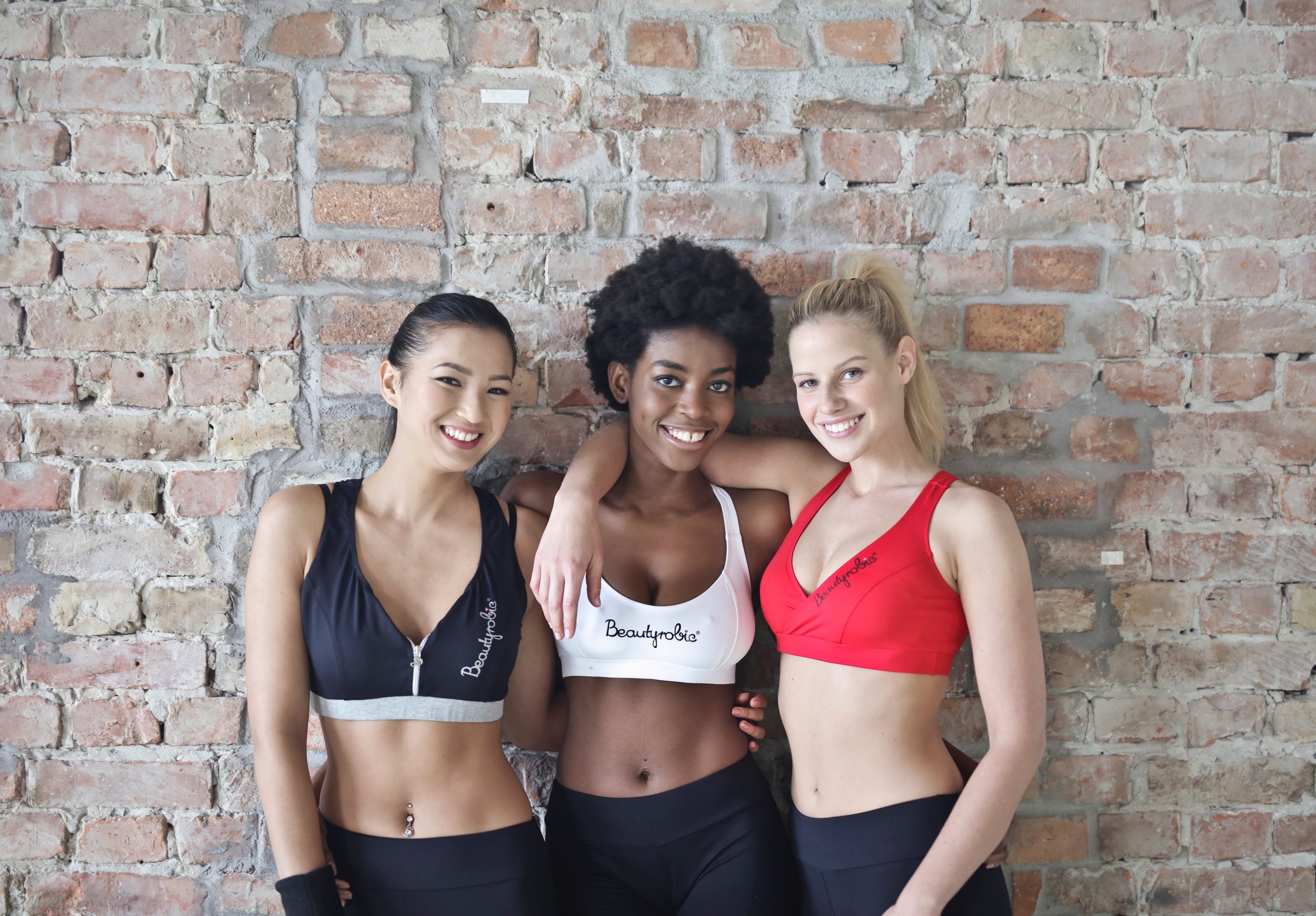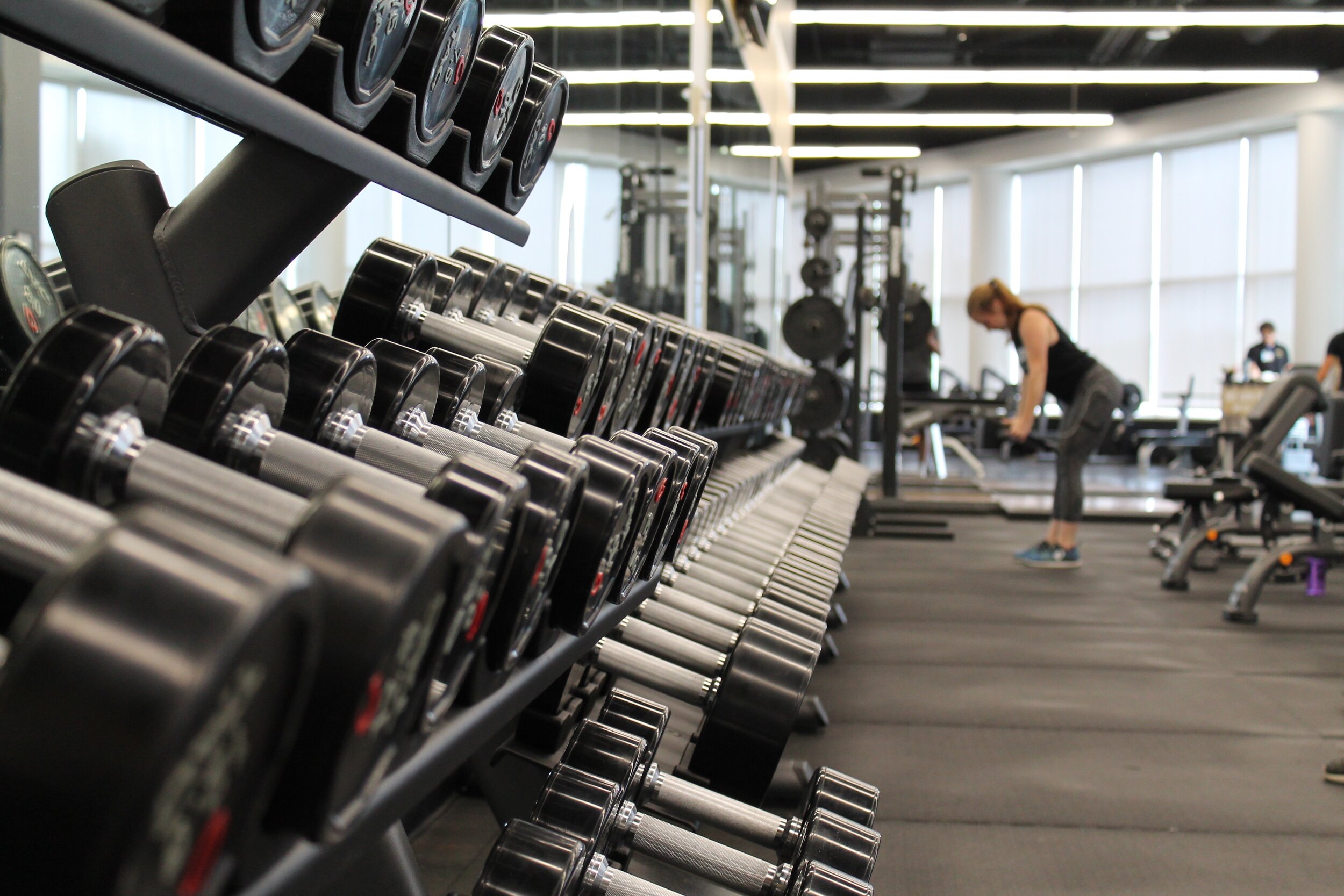The Secret to Sticking to Your Fitness Plan

When you hit the gym, you need to have benchmarks for success in mind. Trying to get summertime fine sounds good and all, but you’ve got to be more specific if you expect to see results. Setting reasonable goals for yourself is a great way to give yourself a roadmap to results that you can see — and the key to that is SMART goals.
Specific Measurable Attainable Relevant Timely
Setting your goals with SMART criteria will help you stay committed to them because this method breaks each step of the process down into manageable chunks, rather than trying to convince yourself you can get from 0 to 100 real quick. The gym is no place to lie to yourself, so before you get started, honestly ask yourself “why am I doing this?” Most people generally fall into one of two categories: External Motives or Internal Motives.
External Motives are forces outside of yourself that are pushing you to make this decision. “Because my significant other doesn’t like my size,” “Because everyone says I need to,” “Because those people look better than I do” are all fairly common reasons, but these don’t often lead to long-term results because the motivation doesn’t come from within.
Internal Motives are forces within yourself that motivate you to make this decision. These motives are a lot harder to identify for most people, but hopefully somewhere within your reasoning it boils down to “Because this is important to me.” When I have honest conversations with people about fitness — and most major life choices — when I ask about their motives, I break it down to one question: Are you playing to win or playing to avoid failure? If you’re playing to win (ie. working on your fitness because it’s important to you) setting SMART goals will help you get there.
Specific
Decide specifically what you want your result to be. Do you want to be able to run a mile without becoming exhausted? Do you want to have your V-cut? Those are specific. “I want to feel confident in my swimsuit” isn’t specific — what does that mean to you? Does that mean a more firm booty? A flat stomach? More confidence? Be direct with yourself.
Measurable
Short-term, measurable goals will help you achieve your goals and make adjustments if you’re plan isn’t meeting your goals. This is a critical factor in enjoying yourself in the process as well as making success much more likely because you’re able to celebrate mini-victories each step of the way. For example, being able to squat 75% of your bodyweight is measurable. Being able to run a mile in under 10 minutes is measurable. Looking summertime fine isn’t. Taking these goals and gradually ramping them up will keep you moving forward on your journey.
Attainable
Your goals should push you outside of your comfort zone, but the need to be realistic rather than impossible. This isn’t a “shoot for the moon; if you miss you’ll still land in the stars” situation, and nobody likes working super hard just to fail and fall short. If you haven’t hit the gym in a while — or ever — plan with progress in mind. It’s not impossible to be able to do 50 push-ups or bench 250 pounds, but setting your sights to be built like Beyonce or Dwayne Johnson is a recipe for disaster.
Relevant
Simply put, don’t set a goal that doesn’t affect your actual life. If there’s no reason for you to be able to hang horizontally from a street sign, you probably shouldn’t focus on being able to do so. If you’re planning on running a summer 5k, your bench press stats shouldn’t be the priority. Know what matters to you and what will benefit your lifestyle. When you find where these two things intersect, you’ll find the space where your goals live.
Timely
All of your goals need a deadline — it’s part of what makes them measurable and specific. If your 5k is in six months, set your short-term goals in a way that allows you to meet your long-term goal in five months. Open-ended goals are much harder to achieve, and the lack of a deadline creates less personal pressure to be accountable. Remember to keep pushing yourself!
Many people will hit certain plateaus along their fitness journey, where they’ll start going to the gym less or feel like they’re not seeing results like they were initially. This is where your roadmap will be a life saver. Stick to you plan, set your SMART goals, and keep pushing forward.
Nick Bailey is a forward thinking journalist with a well-rounded skill set unafraid to take on topics head on. He now resides in Austin, TX and continues to create content on a daily basis.





